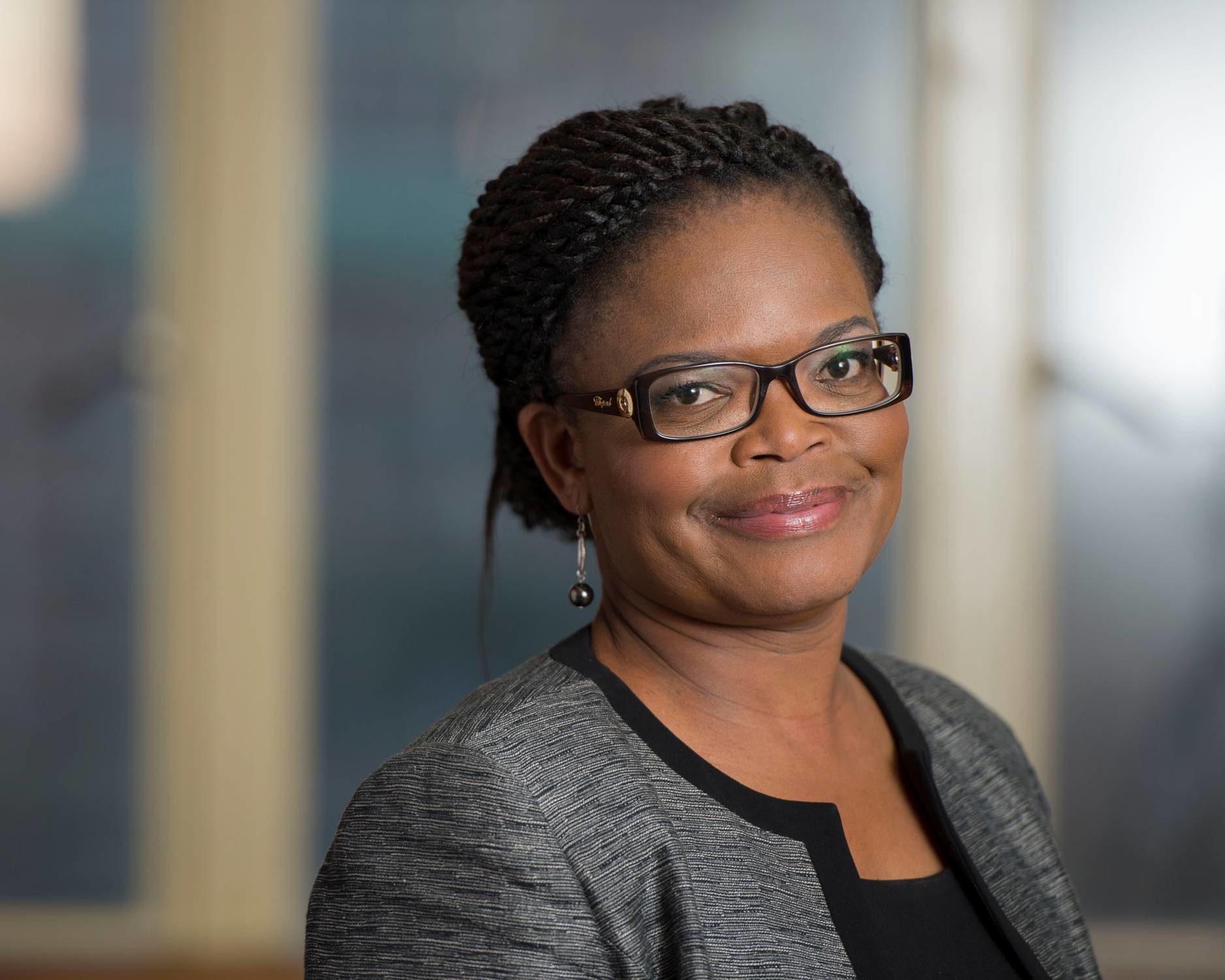by Christopher Makaza
MDC sympathiser and top lawyer, Beatrice Mtetwa, is reportedly in total agreement with the Supreme Court ruling, apportioning blame on the MDC`s culture of investing a lot of authority in an individual, an investment which she argues has always created dictators in the party, Harare Post has learnt.
Mtetwa confided in our contact within the MDC legal circle that she unsuccessfully advised the late MDC leader Morgan Tsvangirai against appointing Nelson Chamisa and Elias Mudzuri as his vice presidents in violation of the party Constitution.
The contact said the top human rights lawyer had advised Tsvangirai that he could not appoint the two vice presidents as it was in breach of section 6 of the party constitution.
Section 9(1)(2) of the MDC constitution provides for the appointment of that party’s vice presidents at the Elective Congress.
Contact said Mtetwa accused Tsvangirai of failing to take her legal advice when he appointed the two . According to the contact, Mtetwa believes that the challenges bedevilling the opposition party today originated from the fear that party members had in challenging Tsvangirai’s wrong decisions.
Mtetwa, the contact said tried to proffer an opinion at the time that Khupe should have challenged the appointments, but it was argued that everyone in the party knew she was the senior vice president, and that Khupe seems then not to see these current problems brewing.
Some political analysts who spoke to this publication also noted that failure to observe the party constitution was the major contributing factors to MDC`s present nightmares.
“Tsvangirai was a dictator, no doubt about that, but this young man (Chamisa) is even worse. The manner in which he took over leadership was not acceptable. As a lawyer, he understood the MDC-T constitution and was duty-bound to uphold it. His dictatorial tendencies date back to his time at Harare Polytechnic where he always wanted to get his way. Chamisa replicated this trait when he went on to lead an MDC faction.
“He founded a violent arm of the party, the Vanguard, which initially comprised of people from Kuwadzana where he was a National Assembly member. His selfishness manifested in his presidential campaign. He neither supported his House of Assembly members nor councillors, but instead focused on a solo act to see himself elected as President of Zimbabwe,” said one political analyst Tichaona Kadengu.
“Chamisa`s public image shows a man who does not work in tandem with fellow cadres. He ignored hierarchy, marginalised and ridiculed those opposed to him, leaving them open to attacks by rabid elements in his opposition party. This most definitely whipped everyone into line and ensured there were no other voices from within the MDC except him. Isn`t this dictatorship,” questioned Kadengu.
In a bid to ring-fence himself prior to the party`s 2019 congress, Chamisa sacked many party members he suspected to be disloyal to him including the then newly elected Masvingo Mayor, Collin Maboke whom he forced to resign from his position to pave way for his preferred candidate, Ward 5 Councillor Daniel Mberikunashe who turned out to be his nephew.
Chamisa last year also fired about 120 party employees recruited by the party’s founding leader Tsvangirai. The axed members were suspected to be loyal to the then secretary general Douglas Mwonzora.
Chamisa further fired Somvelo Dlamini as Victoria Falls mayor after he welcomed President Emmerson Mnangagwa in the resort town for the Sixth African Regional Forum on Sustainable Development (ARFSD)




